To keep our impact on the environment as low as possible, we worked hard to find a place where we could make Famolares with mostly natural renewable and recyclable components that are produced close to the factory. Most fashion companies ship components to their overseas factories from all over the world. Then they ship their finished goods across the oceans again. We think that takes its toll on the environment in many ways. That's why we worked for two-years to cut those typical transport routes down to a minimum. Our factories are just 933 miles from our warehouse. With one exception, our materials are all produced in the same town.
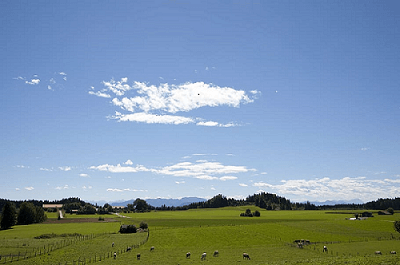
Quality Leather
Our leathers are free from restricted substances based on Reach California's 65. We do not use any leather or suede from animals raised just for their hides. We try to use vegetable dyes whenever possible. We use the same leather across the collection which helps us to reduce waste, and most of our scraps are recycled.

Lasting Soles
Famolare has 48 footwear patents, which paved the way for 1,453 other patents, including hundreds by other footwear brands, that cite Famolare's innovative footwear as prior art. Many of these are related to Famolare soles. The wavy soles we still have today are the most famous. These soles are made from TPR, also known as thermoplastic rubber, a material that has properties of both plastic and rubber. They’re lightweight with great abrasion resistance, good tear strength, and weather resistance. TPR is also reusable and recyclable.
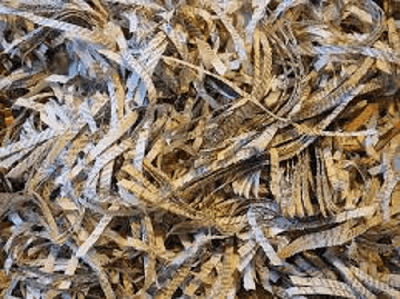
Recycled Packaging
Our shoeboxes are good quality built to last. They're simply designed so you'll hang onto them and hopefully use them again for a different purpose. They're made from recycled cardboard and recycled paper, all of which can be recycled again. Our box supplier recycles all their paper and plastic waste. The dies they use are environmentally friendly. We ship our shoeboxes in minimal packaging made in the USA from 25% post consumer waste and it's #4 recyclable. This minimal packaging allows for more cartons to fit in transport vehicles, thus fewer truckloads and a lower carbon footprint.
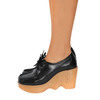 Someone viewed Square Up - Coal 23 mins ago
Someone viewed Square Up - Coal 23 mins ago Someone viewed Double Crosser- Earth / Cognac 3 mins ago
Someone viewed Double Crosser- Earth / Cognac 3 mins ago Someone purchased Betsy Cross - Honey 8 mins ago
Someone purchased Betsy Cross - Honey 8 mins ago Someone viewed Crossanova - Serpent 21 mins ago
Someone viewed Crossanova - Serpent 21 mins ago Someone viewed Crossanova - Sky 5 mins ago
Someone viewed Crossanova - Sky 5 mins ago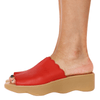 Someone viewed Slide Over - Blood 12 mins ago
Someone viewed Slide Over - Blood 12 mins ago Someone viewed Flippity Flop - Gold 4 mins ago
Someone viewed Flippity Flop - Gold 4 mins ago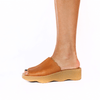 Someone viewed Slide Over - Honey 12 mins ago
Someone viewed Slide Over - Honey 12 mins ago Someone viewed Double Vision - Blood 2 mins ago
Someone viewed Double Vision - Blood 2 mins ago